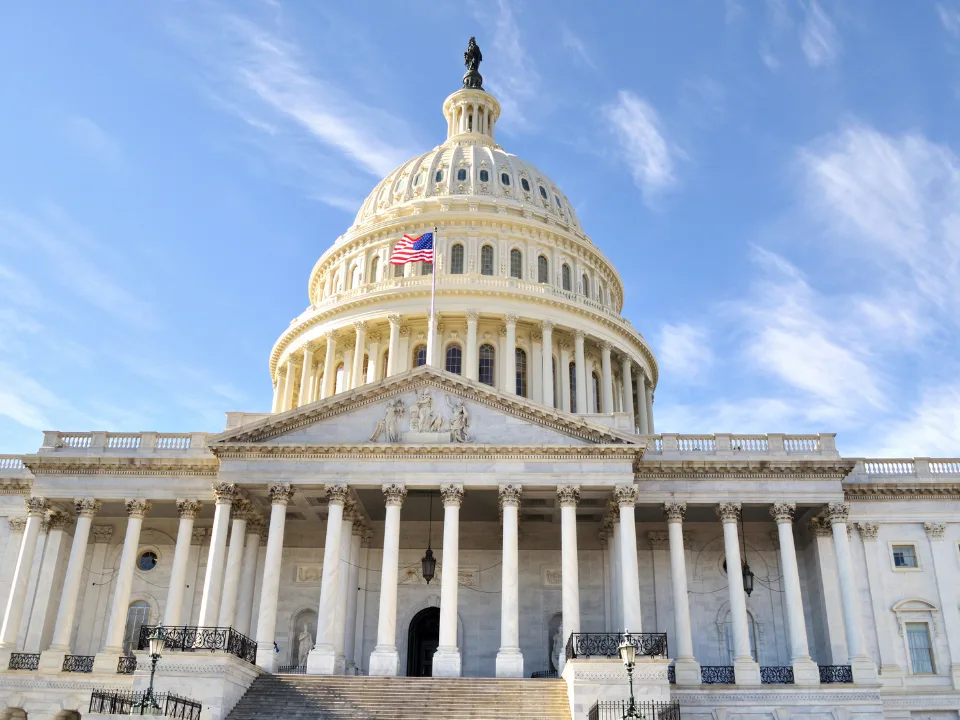- The “899 revenge tax,” aimed at countering foreign levies like the OECD’s Pillar 2 minimum tax, has been dropped from Congress’s latest tax bill.
- Critics warned the provision could cost 700K US jobs and deter up to $100B in annual GDP.
- The decision comes after Treasury Secretary Scott Bessent brokered a global agreement exempting US companies from the OECD’s Pillar 2 tax rules.
Legislative Pullback
As Congress works through President Donald Trump’s economic agenda, lawmakers have scrapped a controversial tax proposal, reports GLobeSt. The measure, referred to as Section 899 or the “revenge tax,” was designed to penalize foreign countries that imposed new global tax rules on American multinationals. Initially included in the House version of the tax bill, the provision drew sharp criticism from business groups, lawmakers, and international allies.
Get Smarter about what matters in CRE
Stay ahead of trends in commercial real estate with CRE Daily – the free newsletter delivering everything you need to start your day in just 5-minutes
High Stakes For US Industry
The Global Business Alliance estimated the tax would reduce US employment by 700K jobs and shave $100B off GDP annually, warning that it disproportionately targeted companies investing in domestic manufacturing and R&D. Wall Street analysts also flagged the measure as a potential blow to commercial real estate, fearing it would scare off critical foreign capital that underpins large-scale lending and development projects.
Treasury Steps In
Facing mounting opposition, Treasury Secretary Scott Bessent intervened with both domestic legislators and global allies. In a statement on X, Bessent announced a forthcoming “joint understanding” with G7 countries, clarifying that the OECD’s Pillar 2 minimum tax would not apply to US companies. That assurance helped calm concerns from business leaders and opened the door for Congress to quietly strip the tax from the final version of the legislation.
Bipartisan Support For Removal
Following Bessent’s diplomatic engagement, Senate Finance Chairman Mike Crapo and House Ways and Means Chairman Jason Smith confirmed the tax’s removal. The decision reflects rare bipartisan alignment on protecting US economic competitiveness and maintaining the country’s appeal to international investors.
Why It Matters
With foreign capital playing a growing role in US real estate and business investment, the removal of Section 899 helps preserve America’s global competitiveness. It also underscores the risks of unilateral tax retaliation in an interconnected global economy.
What’s Next
The US will continue to participate in OECD-led tax discussions while maintaining its domestic priorities. For commercial real estate and other capital-intensive sectors, the scrapping of Section 899 removes a major source of investor uncertainty—for now.
















